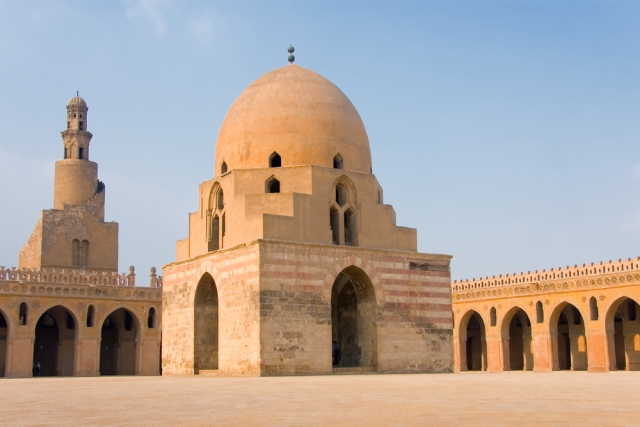Scheme of Work: Early Islam, including Baghdad
Primary Scheme of Work, Key Stage 2 History (resourced)

Early Islamic civilisation, including Baghdad c. AD 900
Children can be introduced to the idea that people from other civilisations have contributed to many ideas that impact on us still. They can learn about some of the differences in way of life between citizens of Baghdad and London c. AD 900. Links can be made with other cultures that contributed to the formation of theories that are still used within modern day Britain. Children will also be introduced to personalities who undertook challenges on a huge scale to leave behind fascinating legacies. There is a strong emphasis on children investigating issues and solving valid historical questions recognising the nature of the evidence on which their judgements and knowledge are based.
This unit is structured around 5 sequential history enquiries:
- How different was Baghdad to London around 900AD?
- What was in the House of Wisdom?
- Who was Ibn Battuta and how did his Rihla help us?
- Who was Al-Zahrawi and what could we learn from Muslim medicine?
- What did early Islamic civilisation leave behind?
See also Primary History article Early Islamic Civilisation by Ayshah Ismail.
|
Please note: The majority of the HA schemes of work were produced between 2014-2019 by members of the HA primary committee and its affiliates. This unit is a resourced scheme of work; however, the resources it refers to may in some cases only be available to full members of the HA. These schemes of work are designed to support your planning and should be moulded and adapted to fit the context and needs of your own school. To view a free sample scheme of work, please refer to our Anglo-Saxons unit. Please note that a small number of the external links in this scheme of work are currently unavailable and we will endeavour to supply alternatives as soon as we are able. |
This resource is FREE for Primary HA Members.
Non HA Members can get instant access for £15.00


